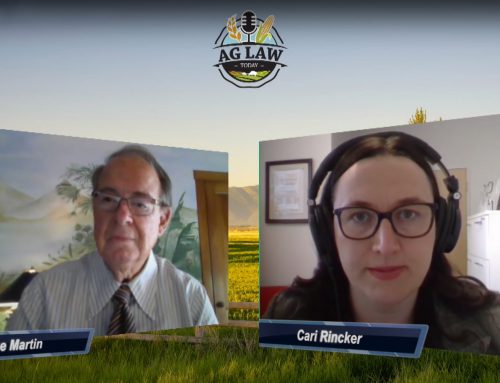There are many different innovations and treatments that are being tested by the Florida citrus industry for dealing with HLB, or citrus greening. One interesting concept is about to be put to real-life testing in two different Central Florida locations: Citrus Undercover Production Systems, or CUPS. A Florida Grower article details the efforts of two different CUPS groves being installed—one in Alturas and one in Lake Wales—this summer.
CUPS History
The concept hails from Japan and features citrus trees being grown under screens or netting. Essentially, entire groves are grown in a screen-room-like environment. In Japan, the point was to control the elements and other conditions to produce blemish-free fruit. With Florida citrus, the point is to grow citrus trees in a way that keeps the Asian citrus psyllid, the miniscule insect that spreads HLB, from ever reaching the trees. Researchers with UF/IFAS at both the Citrus Research and Education Center (CREC) in Lake Alfred and the Indian River Research and Education Center (IRREC) in Ft. Pierce have CUPS structures set up that are being utilized for testing.
Advantages for Florida Citrus
The benefits of growing citrus using CUPS are numerous. Advantages include:
- Keeps the Asian citrus psyllid from infecting trees
- Keeps out other bugs as well, such as citrus leaf miner adults, which could minimize citrus canker
- The structures provide some measure of cold protection
- Eliminates the need for most pesticides, insecticides for insects and herbicides to control weeds
- Fruit has fewer blemishes
- Increase water conservation
- The structures could make organic fresh fruit oranges a reality
Early Stages of CUPS
The two groves going in under CUPS are pioneering a concept that will certainly become a popular one if the state is far from a viable cure or treatment. However, the operations are currently only viable for high-end fresh fruit varieties, not for juicing/processing oranges. The trees are packed in tightly, and some are grown in containers to control the size of the trees. Bees or other pollinators may need to be brought in to aid in pollination.
It will be a few years before the trees that are going in this summer or fall to produce fruit. Until then, the Florida Citrus industry will be watching closely.



